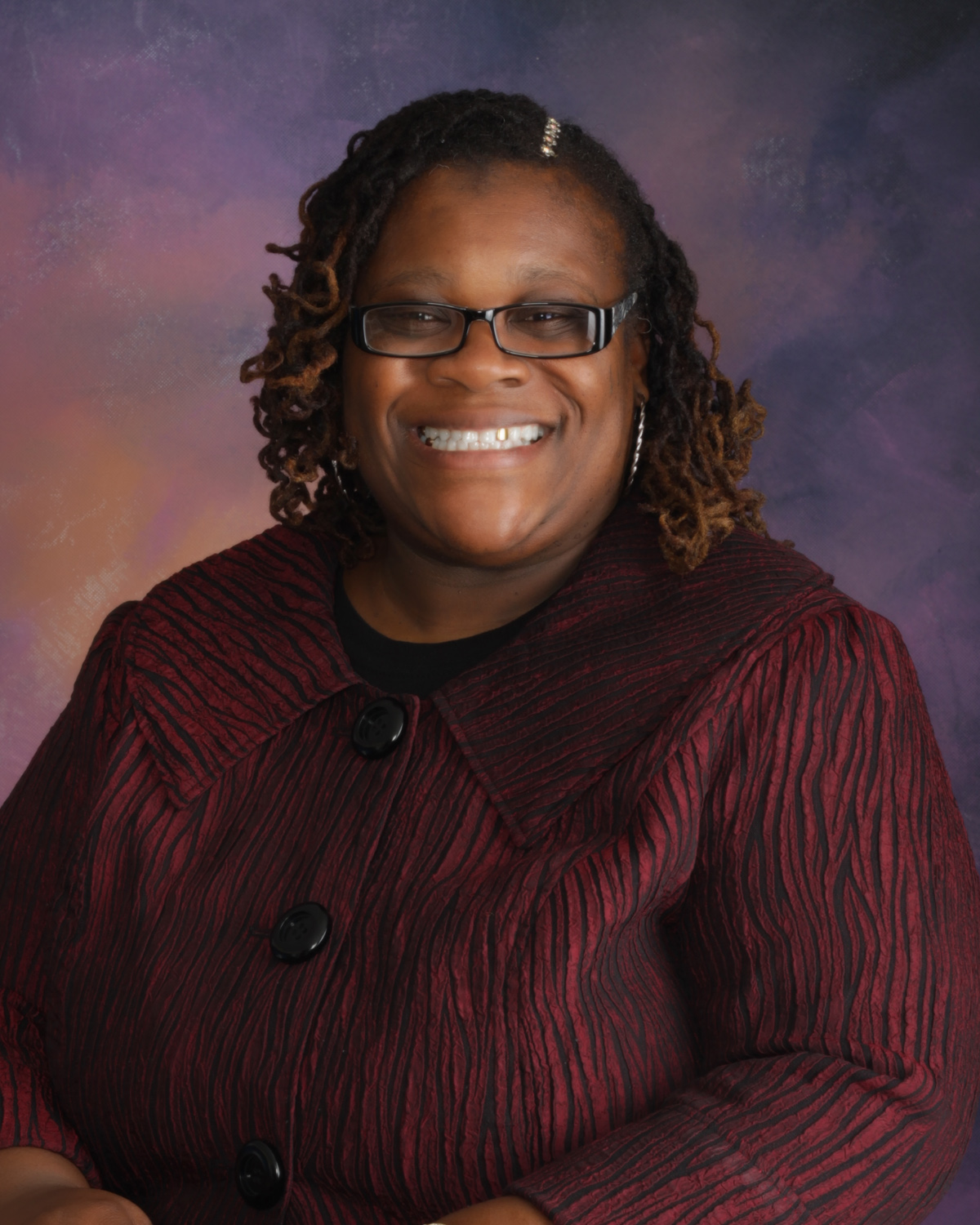A fascinating look into what living with someone who has a severe mental illness looks like.
It’s intriguing to read how the innocent life of a child, getting tormented and crushed by the actions brought out by her mom due to these so-called demon voices in her mom’s mind.
Tina Harmon holds a master’s degree in education. She works for a local school district where she helps special needs students and mentally challenged students receive their education alongside their general education peers. She has been married for thirty-three years and has two children and six grandchildren.
Horrific and scary, imagine a mother trying to get herself killed twice due to a mental illness. On the other hand, Terry’s good-for-nothing father is also in psychiatric therapy. Terry had to learn how to be a mother to her two young brothers. This book is not for the faint of heart.
Tina Harmon lets you imagine freely the scenes through her words, putting you just in the right time and place whenever and however she wants to. I’m sure this is going to be loved by many. The author is a fine writer, and this one is a masterpiece that you shouldn’t miss out on.
Let’s get deeper through this exclusive interview with Tina Harmon.
1. What is Schizophrenia and how is it different from other mental illnesses?
“Schizophrenia is different from most mental illnesses in this way. Consider that all other illnesses are like tearing a piece of paper into bits and pieces and throwing it down on the ground. Now take the pieces and glue/tape them back together. You can make the paper whole again. Now imagine taking a glass jar, going to the top of a building, and dropping it. Come down from the building and gather the pieces. You will never recover every piece. That’s how people are who have schizophrenia. They take medicine like every other person with a mental disturbance but still exhibit some symptoms. They never fully recover” (Harmon,2018).
2. What is life like to have lived with someone who has Schizophrenia?
Living with a person who has schizophrenia is terrfying to say the least. It sends you spiraling out of control and sometimes thinking you are crazy. You fear talking to anyone about it because you don’t want people to know. You don’t want your friends to judge you by it.
3. Why did you write this book?
I wote this book as a way to tell my mother’s story. The perception of mental illness is skewed and indifferent. There are crazy things that happens that people can not fathom, nevertheless, they happen. When someone you love is delusional, Suiciadal, and indifferent it is hard to live with them. Just imagine what happens when its your parent.
4. What makes you qualified to tell this story?
With a master’s degree in education, I’m currently employed by a local school district. She dedicates her time and expertise to supporting special needs and mentally challenged students to access education alongside their peers in general education. I also have lived experience, up close and personal encounters with a mom all of my life and hers.
5. Where did you get the idea for this book?
I needed to tell my mothers story. In todays society the people we deal with don’t understand our lived experience. This is why its so difficult to service our kids. People don’t believe the bizarre things that happens in their world if they live with family members that are mentally ill.
6. How important are substance abuse treatment and follow-up care for the mentally ill?
Follow-up care is critical for everyone’s survival. This care helps keep a level of stability in the family structure. It also helps the person who is ill to be as normal as possible when the right medication is discovered. You need to be advocates for proper care. The doctors will just prescribe medicine and ask the patient how they are doing without knowing how they really are. If you advocate and watch the effects of the medicine you can weigh in on the affects and effectiveness of the medicine or not. You can have great conversations about how to increase or decrease the medicines. The doctor may need to add additional medicines. It is not good to ask a person who otherwise does not have the ability to reason between fact or fiction how they are doing.
7. What advice would you consider essential to offer to individuals who suffer from schizophrenia and to families who have a loved one with schizophrenia?
My advice is to be an advocate. Attend doctor’s appointments and never give up on them.
8. The cliffhanger at the end makes one think more is to come. Have you considered writing a sequel to this book?
I have considered making a sequel. My only son has now been plagued with the family curse and my husband and I have been on a journey out of this world with him.
9. What is the most challenging part when writing your main character?
Remembering white hurts and the bruises that my mom and our family had to endure.
10. What kind of therapy or support groups are available for people with Schizophrenia?
There are multiple therapy groups and support groups, but unless a person with schizophrenia is mandated to attend these groups, you won’t see many of them in one. Family support groups are important for understanding the road that we travel.
Get this book on Amazon. Grab your own copy now!




